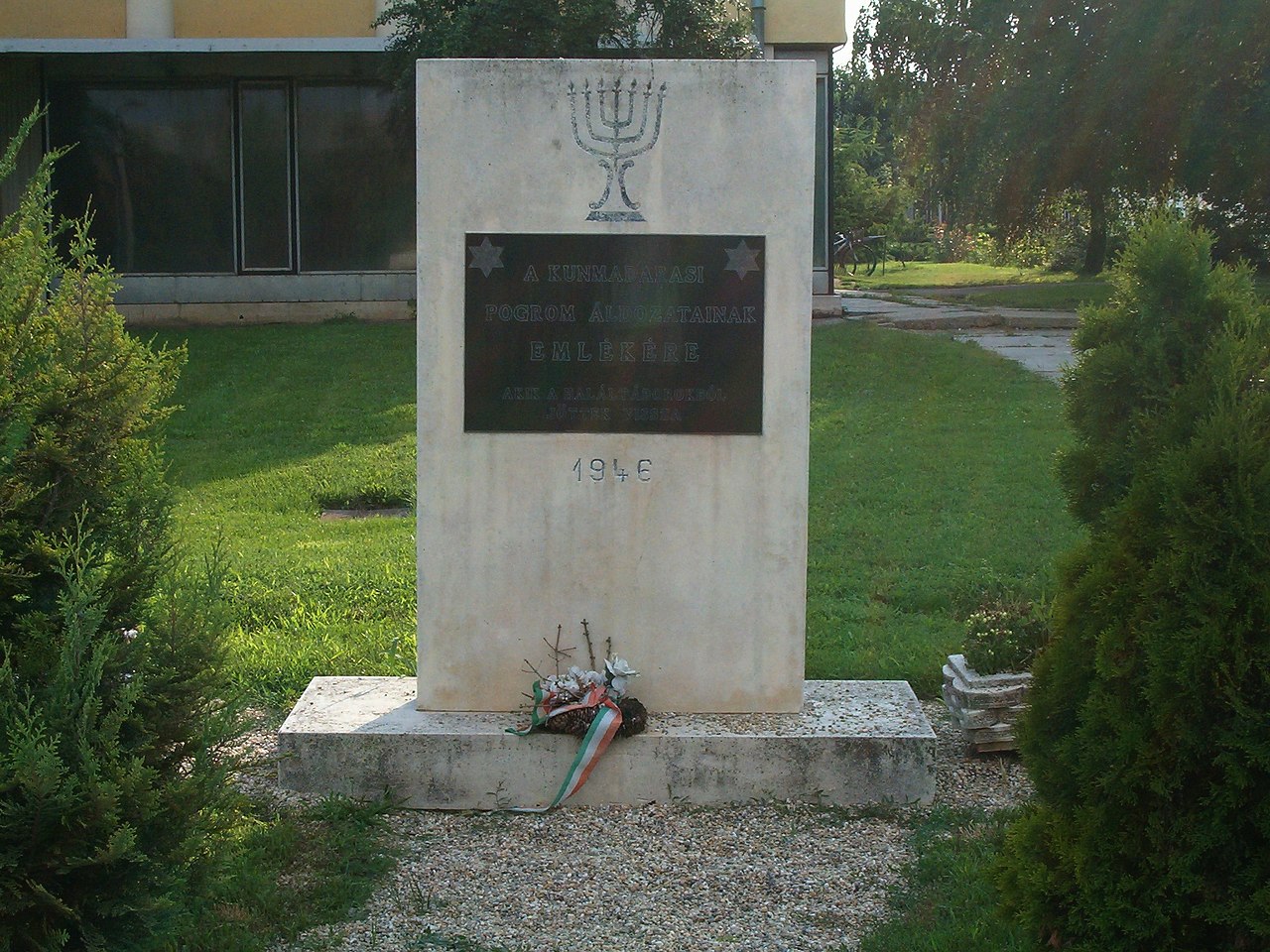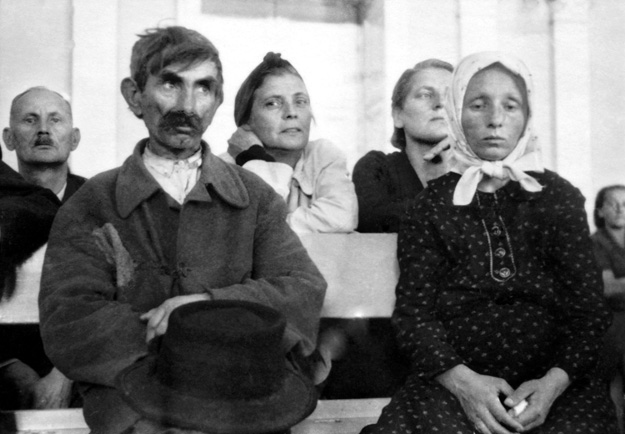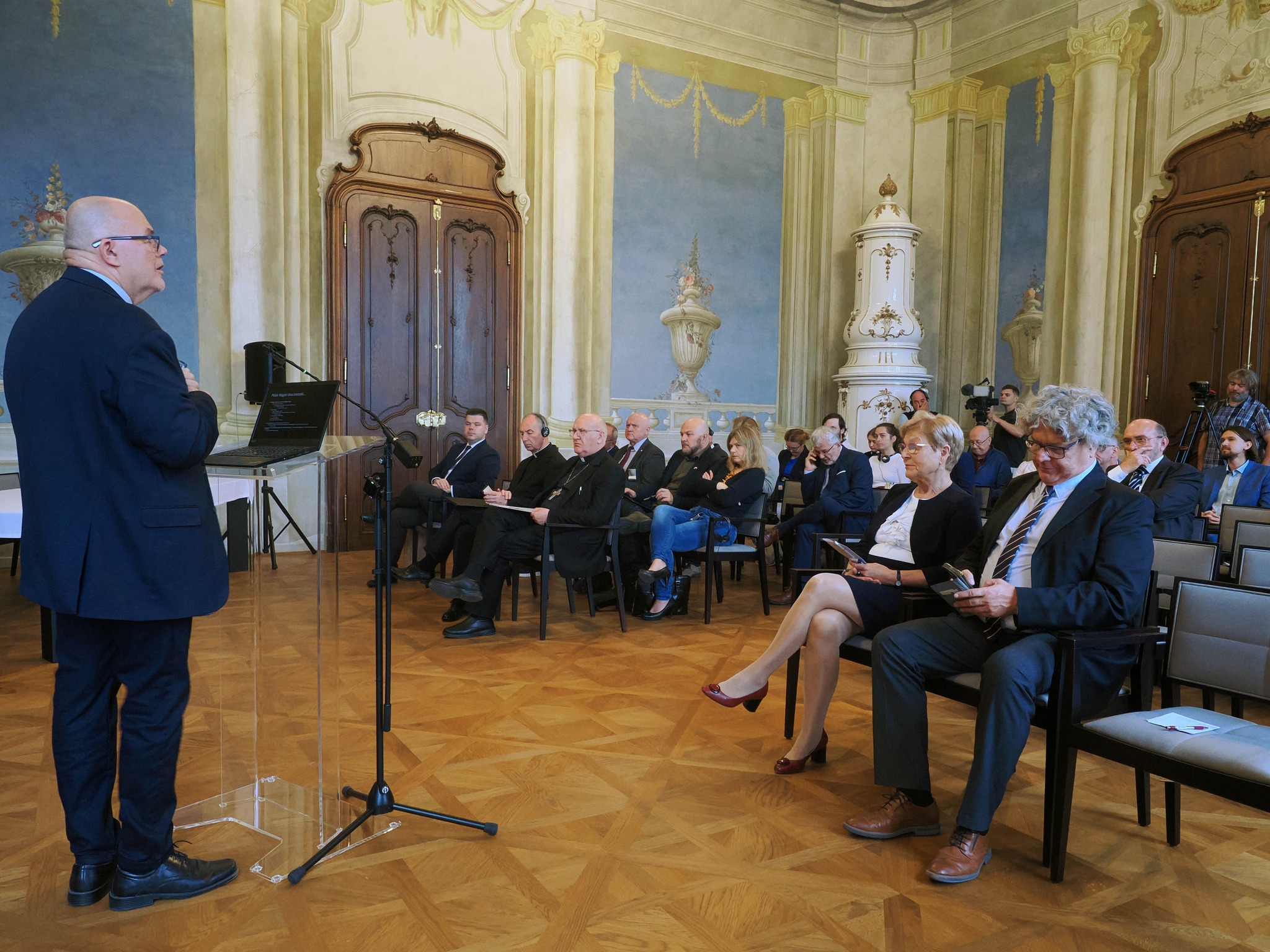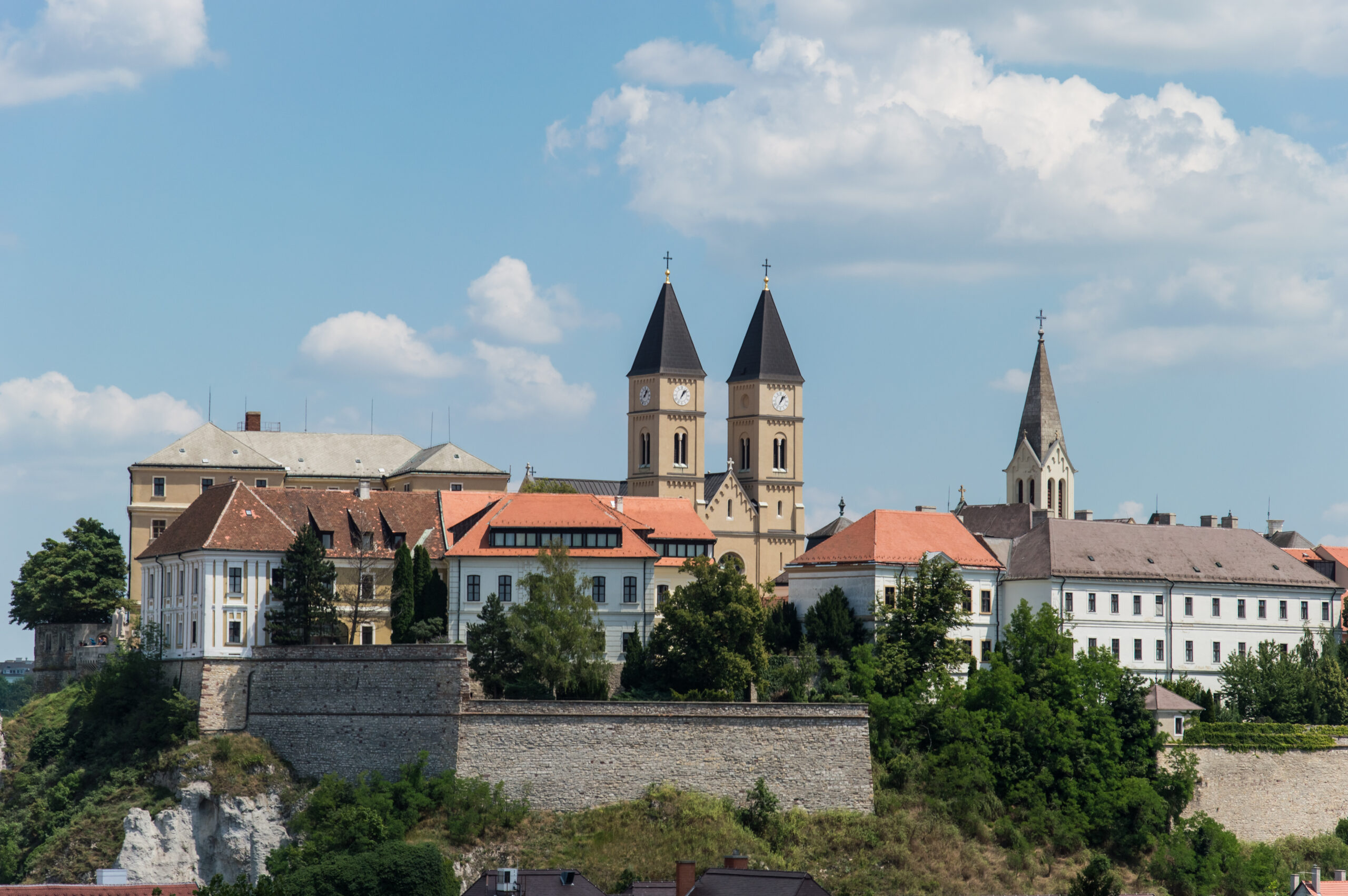Antisemitism after the second world war – Kunmadaras
Fact of the Hungarian figure „Brick Factory in Obuda – The Holocaust in Hungary”
Part of the „The Holocaust” topic
After World War II, Hungary was in a state of economic and political chaos, which worsened social and societal tensions. Despite wide awareness of the Holocaust horrors, antisemitic violence flared up again, with pogroms happening in places like Kunmadaras and Miskolc just a year and a half after the deportations and mass killings had stopped.
The pogrom in Kunmadaras on May 21, 1946, involved the lynching of three Jewish men by an angry mob. The violence stemmed from a local people’s court trial of a Protestant schoolteacher, which many locals believed was unjustly based on false charges. When rumors spread that the police had been informed by local Jews, tensions exploded, and the Jewish community became the target of vicious attacks. Jewish traders at the market were accused of profiteering and price gouging, and the situation quickly turned more violent. In the end, Jewish homes were assaulted and looted, leading to three deaths. Most of the attackers were poor local residents, mainly women and young people, and notably, members of the local Roma community were also involved. The police did not intervene in time, and initially, no one stepped up to shield the Jewish victims.
Historian Péter Apor, in his book Revolution in the Backyard: Mass Violence, Antisemitism, and Political Transformation in Post-War Hungary, 1945-1946, explores the social and political roots of the antisemitic violence that swept Hungary during this period. Apor emphasizes how the economic collapse, the political uncertainty caused by Hungary’s Sovietization, and deep-rooted antisemitism contributed to these violent episodes. Antisemitism became a tool for scapegoating, with returning Jewish survivors often seen as a threat by those who had taken over their confiscated properties during the war.
These violent outbreaks of antisemitism in post-war Hungary reflect a painful truth: the legacy of the Holocaust didn’t end with liberation but continued to cast a long shadow over Jewish survivors, many of whom faced hostility and violence upon returning home.






